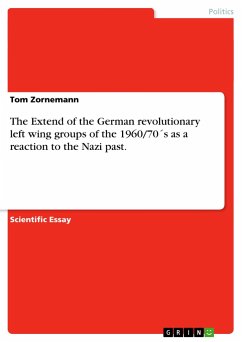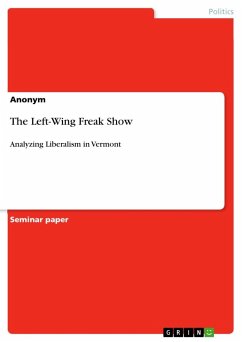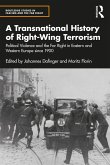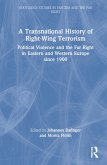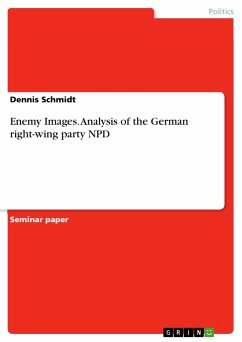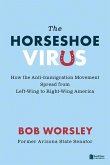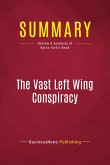Scientific Essay from the year 2010 in the subject Politics - International Politics - Topic: German Foreign Policy, grade: 2:1, University of Central Lancashire, language: English, abstract: This dissertation will examine the origins of the radicalism in post-war Germany by looking into what factors influenced left-wing movements, in particularly the R.A.F (or as they were often called by the media 'Baader-Meinhof Gruppe'), arguably one of the most prominent left-wing terrorist groups of that time period. One of the main aspects I will be looking into is whether it was a reaction by first generation post-war Germans to stand up and revolt against everything which took place in their National Socialist past. This is rather plausible as the war took place only twenty years earlier, and there were still many positions of power held by former Nazis. One of the most significant of these former Nazis was Kurt Georg Kiesinger who had been a member of the Nazi Party since 1933 and had worked for the department of Propaganda during the Nazi regime. He later went on to become Chancellor of Germany from December 1966- 21 October 1969. Also significant was Hanns Martin Schleyer, mainly due to his kidnapping and eventual murder in 1977 by the second generation R.A.F. He had joined the S.S in 1933 and was a second lieutenant, he also spent some time on the western front. After the war he became an industrial leader in Germany and was president of both the B.D.A and the B.D.I.

